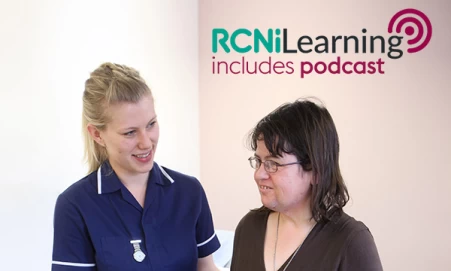Making a decision on behalf of a person who lacks capacity

Course
Exclusive quality-assured course.

Available to RCNi Plus subscribers
Applicable for any nurse with an RCNi subscription
This module discusses the principles to be followed when making a decision on behalf of a person who lacks capacity. Guidance is provided on who needs support in making decisions and how support can be given on this complex area.
Who is this resource for?
This resource is aimed at nurses and nursing support workers across all settings and levels of practice, including students of health, social work and care professions.
Authors
Downloaded content date
PDF created on: 19 Jan 2026.
Downloaded from: https://rcnlearn.rcn.org.uk/Search/462-Makingadecisiononbehalfofapersonwhol.
Please check: https://rcnlearn.rcn.org.uk for a more up-to-date version of this content.
 ;
;.jpg?h=440&iar=0&w=658&hash=8AF4424E40D6127DFD0553DC2AEE105E) ;
; ;
; ;
;